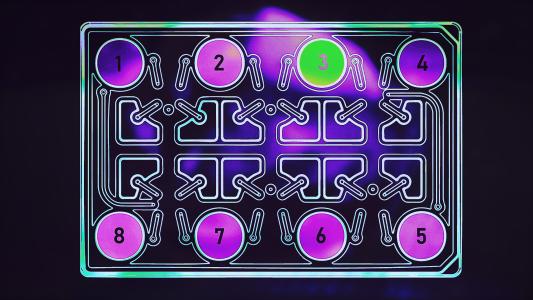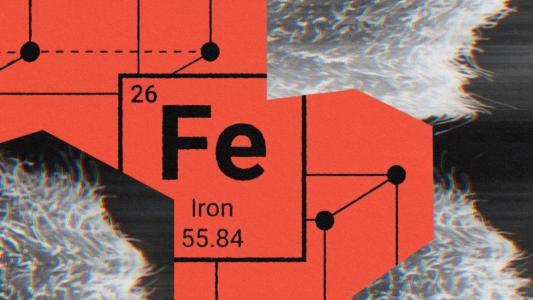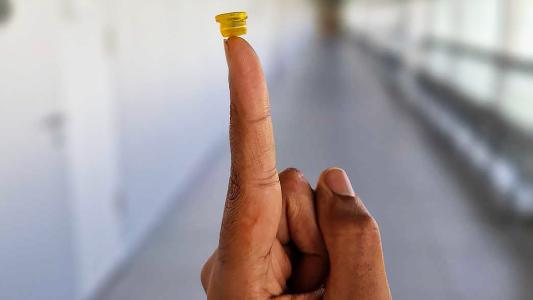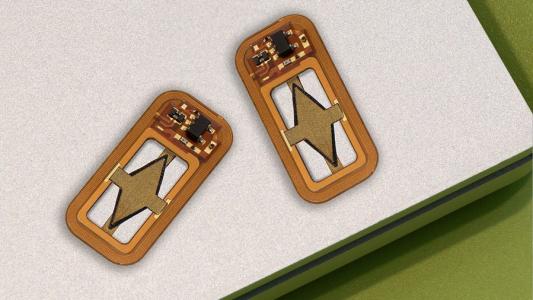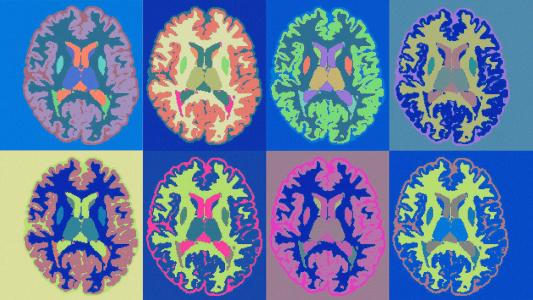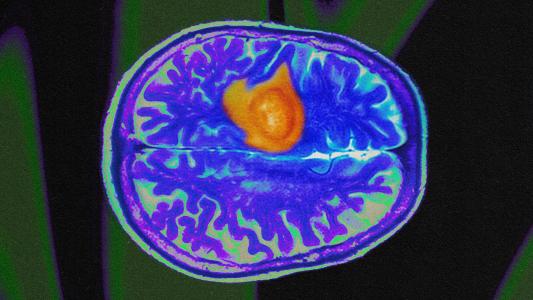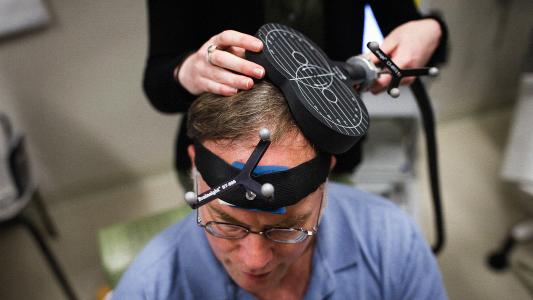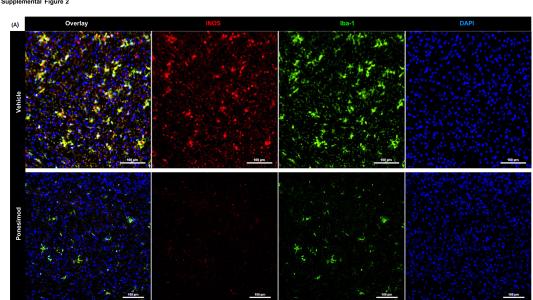Medicine
New “Lattice” device tests drugs on eight organs at once
Northwestern University scientists have developed a device that simulates up to eight organs at once to aid drug development.
Is iron the Achilles’ heel for cancer?
Some cancer cells store high quantities of iron. Iron-activated cancer drugs selectively disrupt cancer cells, without harming healthy cells.
Octopus tentacle-like patch delivers drugs through your cheek
A needle-free drug delivery system inspired by octopus tentacles could one day replace injections for administering biopharmaceuticals.
New “multipronged” gene therapy reverses paralysis in mice
A new gene therapy that guides nerve regeneration across complete spinal cord injuries restored the ability to walk in paralyzed mice.
An implantable device could enable injection-free control of diabetes
MIT engineers designed an implantable device that carries islet cells along with its own on-board oxygen factory to keep the cells healthy.
New “inverse vaccines” could be key to curing autoimmune disorders
"Inverse vaccines" that teach the immune system to tolerate triggering molecules could be the key to curing autoimmune disorders.
Tooth decay: Mouthwash turns your teeth blue when it’s time to go to the dentist
A mouthwash solution containing ferumoxytol and a dye could treat, prevent, and diagnose tooth decay, according to UPenn researchers.
Brain implant lets cancer patients try 20 different drugs at a time
A microdevice that injects up to 20 drugs into gliomas at once could help doctors quickly identify the best treatment for cancer patients.
A magnetic therapy for depression gains precision
Approved over a decade ago, transcranial magnetic stimulation (TMS) could be effective if the treatment was tailored to individual brains.
Drug for MS may be able to treat Alzheimer’s, too
A drug approved to treat multiple sclerosis reduced neuroinflammation and improved memory in mouse models of Alzheimer’s.
